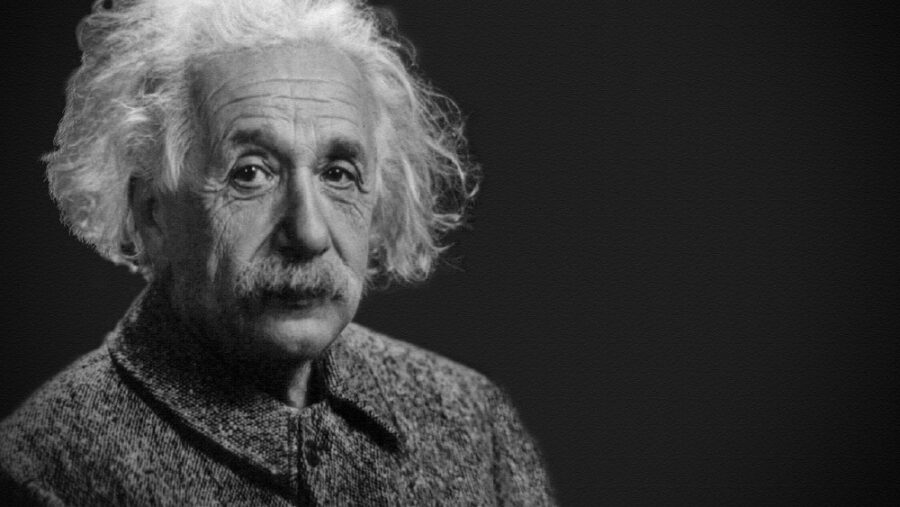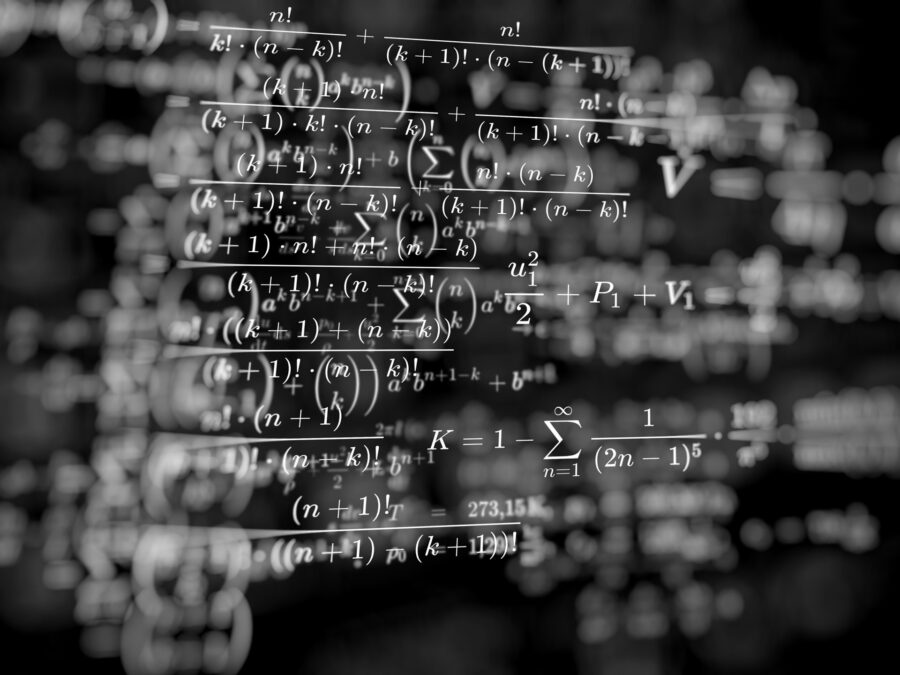Einstein’s Relativity Proven Wrong?

Calling one of the greatest minds of the 20th century wrong is a bit presumptuous, but the math and physics don’t lie; according to Live Science, Einstein’s theory of relativity—general relativity—has certain shortcomings, as the theory predicts its own failure at spacetime singularities inside black holes.
Testing Relativity In Weak Gravity

Believe it or not, this actually isn’t a novelty but a pressing question in physics. The universe, and all the energy and matter within, is governed by four fundamental forces: strong nuclear interaction, weak nuclear interaction, electromagnetism, and gravity. However, unlike the former three fundamental forces, whose theories have been tested and proven, the theory of general relativity has only been tested in weak gravity conditions, which doesn’t account for deviations that might occur. So, Einstein’s theory might not be bulletproof after all.
Space And Time Don’t Exist In Black Holes

According to Einstein’s theory of general relativity, gravity is described as a result of the curvature of spacetime caused by mass. But in singularities, such as the Big Bang and black holes, space and time have no meaning, and density and pressure become infinite, thus rendering the theory inapplicable, further necessitating the need for a more fundamental theory that would explain singularities. And that’s where quantum physics comes in.
However, while all other forces have been successfully described in the quantum field theory framework, all attempts to unify Einstein’s general relativity and quantum physics necessarily introduce deviations from Einstein’s theory—in other words, they lead to theoretical inconsistencies. This means that Einstein’s theory of general relativity can’t be the ultimate theory of gravity—and it isn’t. It’s just the best explanation that we currently have, but it doesn’t mean that Einstein is wrong.
Einstein Wasn’t Necessarily Wrong

For example, Newton’s Law of Universal Gravitation was a groundbreaking scientific advancement in its time, as it provided a comprehensive mathematical description of how gravitational forces work between two masses. However, Einstein’s Theory of General Relativity provides a much more comprehensive and accurate description of gravity, particularly in conditions of very strong gravitational field. But it doesn’t eliminate Newton’s Law of Universal Gravitation; it just makes it inapplicable when it comes to large-scale gravitational fields.
Einstein’s Theory Doesn’t Account For Everything

For all intents and purposes, Newton’s Law of Universal Gravitation is still incredibly accurate and very much applicable in everyday calculations, predictions, and scientific applications. So, no, Einstein’s Theory of General Relativity isn’t wrong, and while it’s currently our most viable solution, it just doesn’t account for everything. The theorists have spent the last decade trying to prove that alternative theories are just as viable as Einstein’s, and very few have come close.
Quantum Gravity

It’s safe to assume that we’ll devise different classifications for dealing with different scales of gravity as time progresses until we manage to find an alternative that provides a more comprehensive explanation for gravity than the current models. There’s still much work to be done; the explanation of quantum gravity is the final step towards humanity’s grasp of the God Equation that unifies all the fundamental forces into a coherent and complete theory, thus providing us with a deeper understating of the fundamental workings of the universe.












